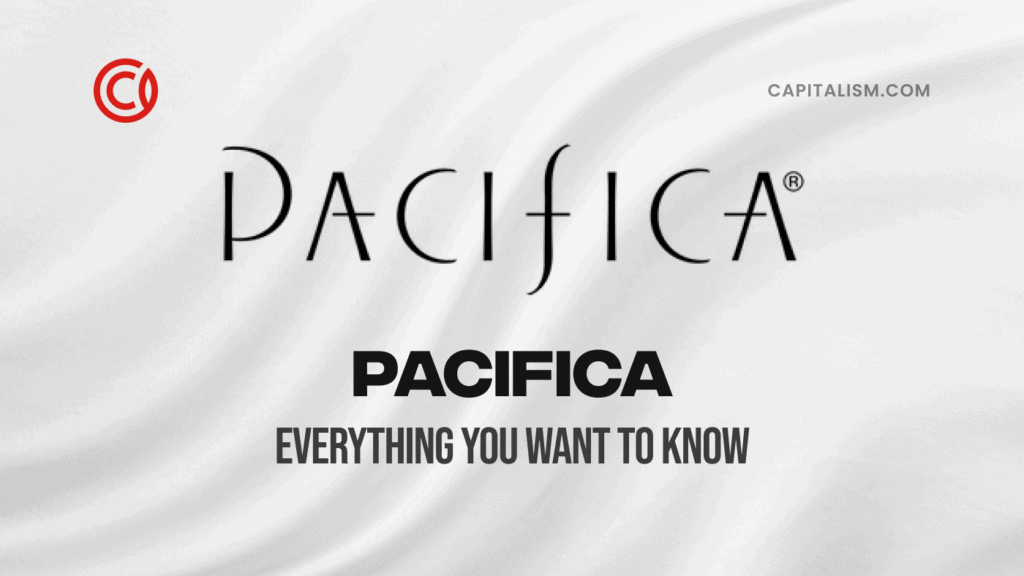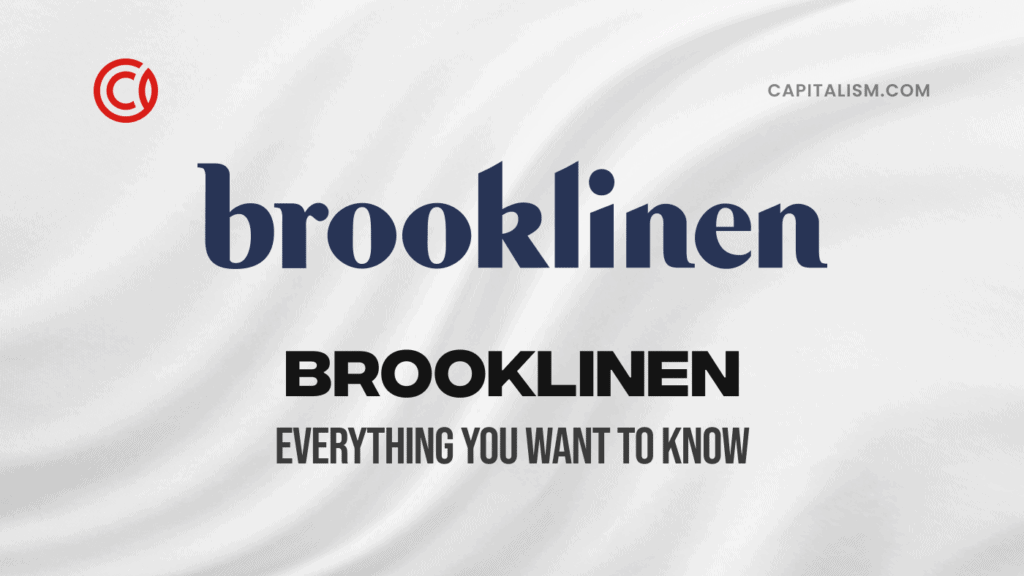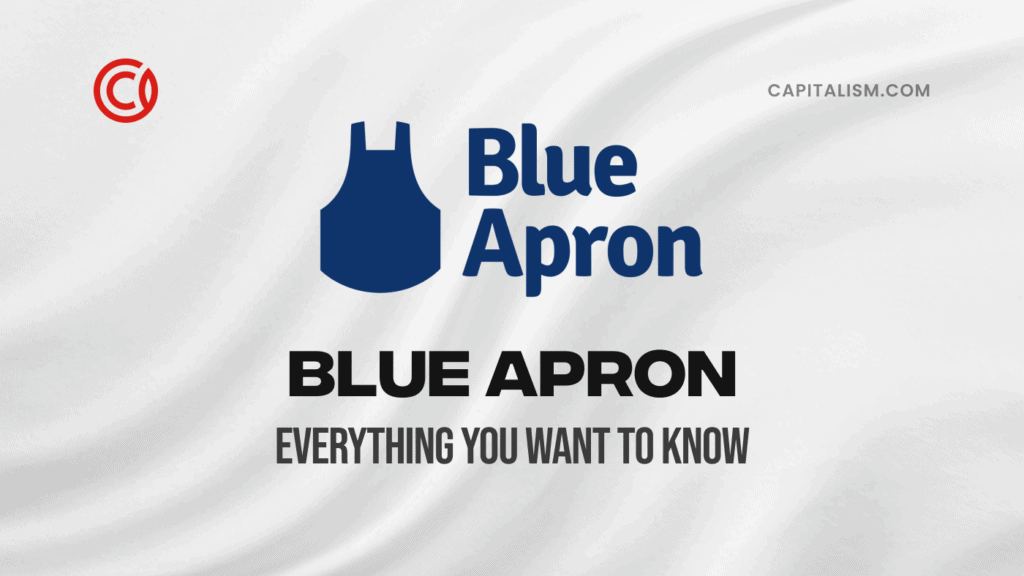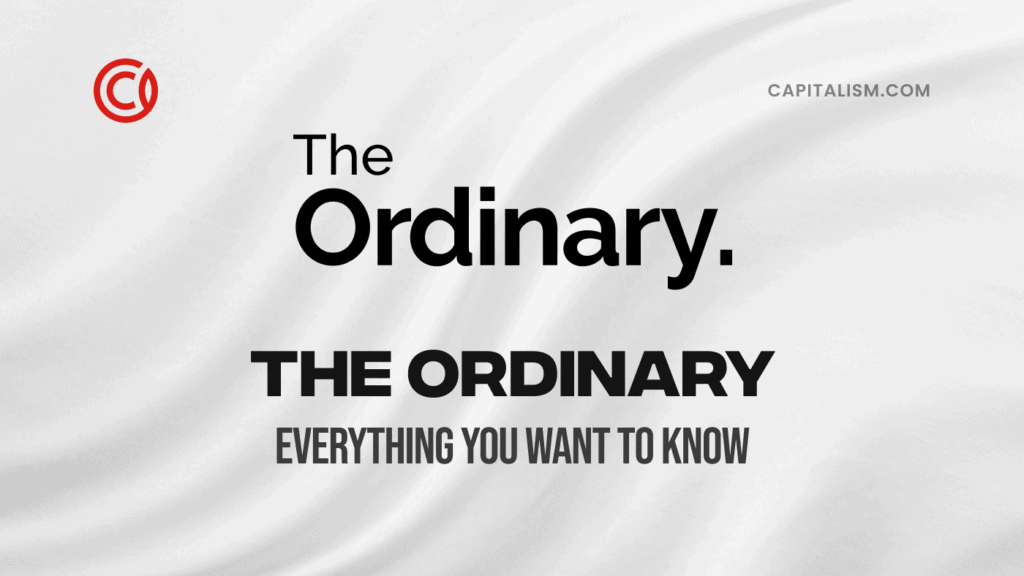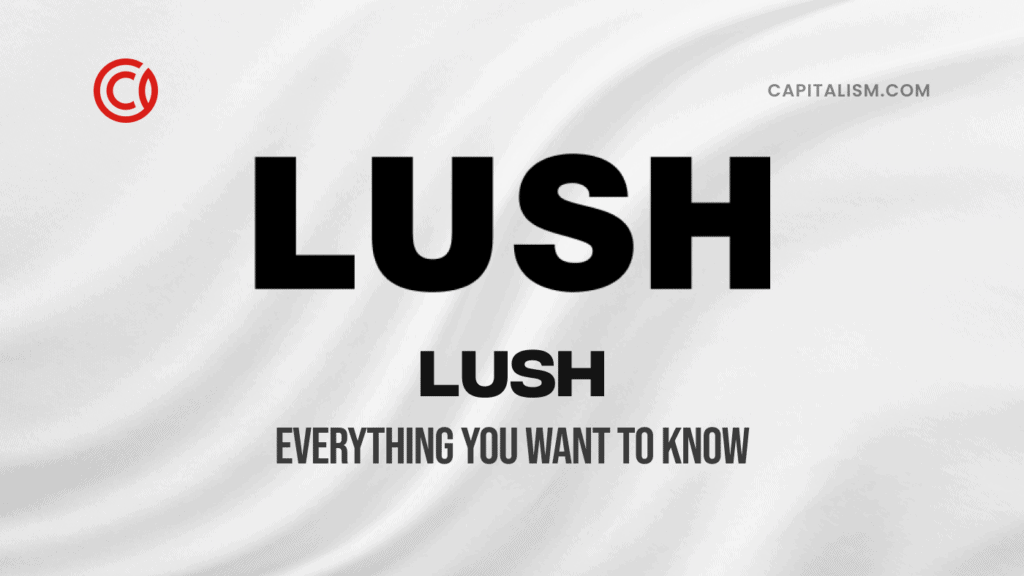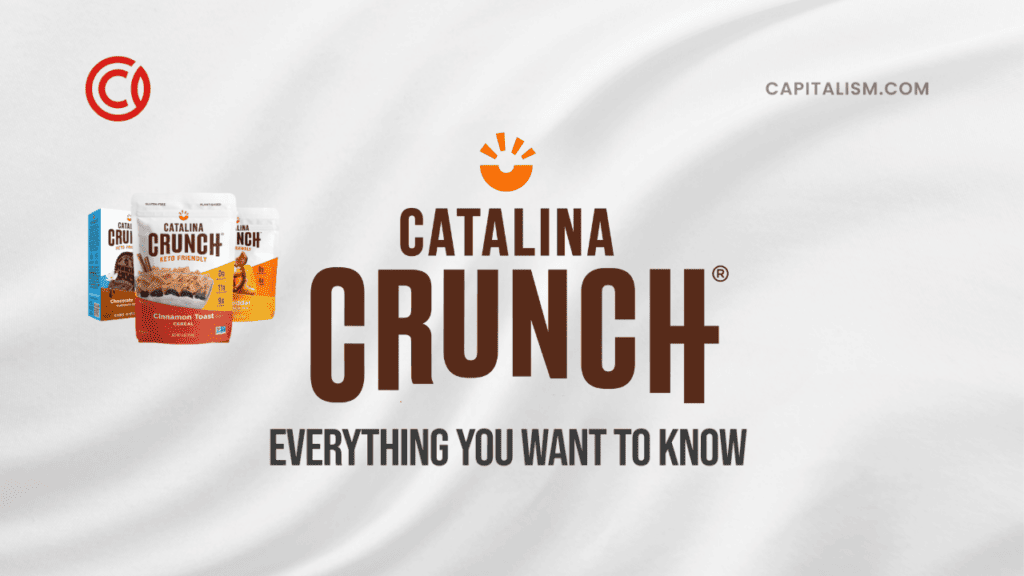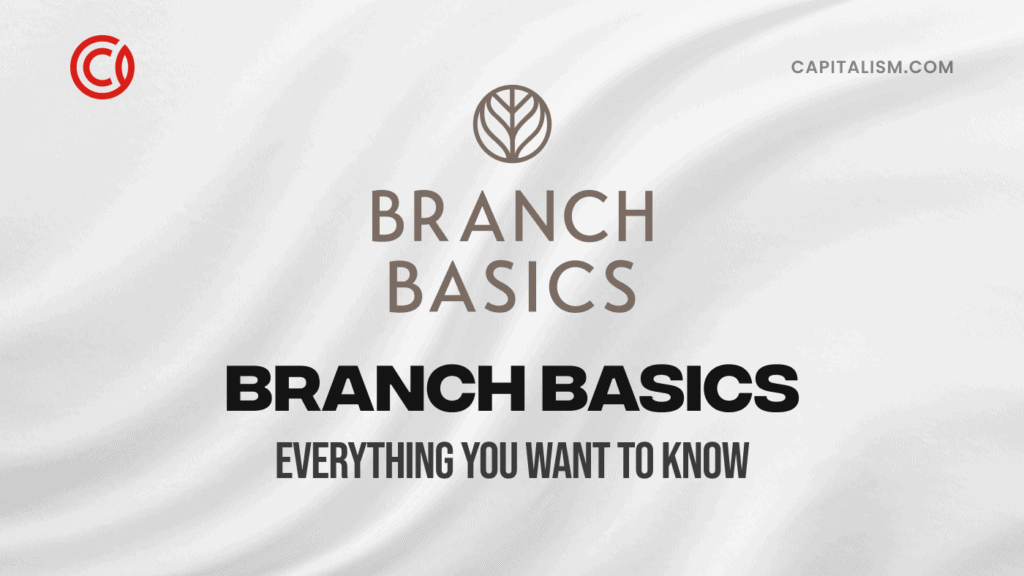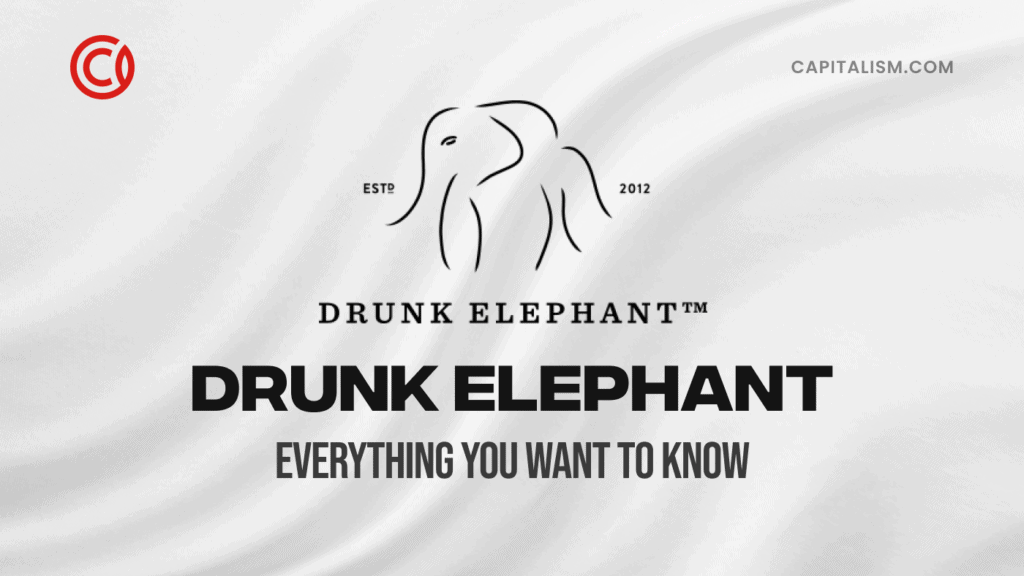Here's how Gregory Sewitz and Gabi Lewis hit $4 million with Magic Spoon in year one and landed $14.5M in funding… and they're not even selling on Amazon yet.
Gregory and Gabi graduated from Brown University and launched their first business in 2014. They did (almost) everything right, especially when it came to taking ownership of a problem. In this case, the problem was a whopper… changing how people think about sustainable food.
Their solution? Bugs.
Crickets, in particular. High in protein, undeniably sustainable, and… crunchy (not sure that's a selling point!), crickets were already a popular choice in many parts of the world. Logically, this alternate protein makes total sense. And for some early adopters, adding copious amounts of chocolate was enough to make the concept palatable. But convincing people even to try their Michelin-chef-created EXO Cricket Protein Bars was an uphill battle.
They'd taken ownership of a problem and created a solution. But they'd missed a couple of crucial steps: choosing the audience they wanted to serve - and making sure they had a solid product to market fit. Nevertheless, the brand took off after launching on Kickstarter.
"That gross idea just pulled in a $4 million Series A round from AccellFoods, existing investor Collaborative Fund and a bunch of angels including Nas and Tim Ferriss. The team behind the 'creepy crawlies as food' company previously raised $1.6 million, adding up to $5.6 million in total financing thus far."
The thought of eating insects might turn some stomachs. But Exo turned the heads of the founders of Aspire Food Group, a company specializing in edible insect farming technology. They saw the upside of acquiring Exo to make it Aspire's consumer brand. So, in 2018, the deal was done. While the acquisition details are not publicly known, the exit allowed Gabi and Gregory to take a year to consider their next move.
How about Selling What People Actually Crave?
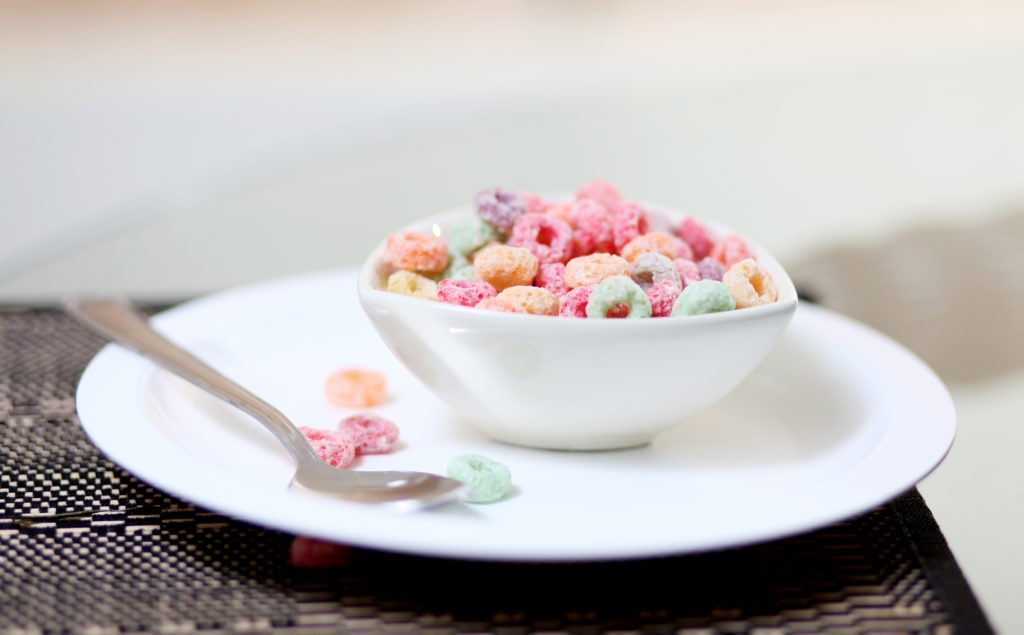
Saturday morning cartoons and a big bowl of sugary cereal. That's what the eight-year-old in all of us really wants. But steering clear of unnatural ingredients and mountains of sugar in every spoonful? Well, that's adulting for you.
Suddenly eating cereal goes one of two ways. Either eat some bland and boring flake that tastes like cardboard or throw your nutritional standards out the window. If only someone would create a cereal with the taste, crunch, and fun of a kid cereal, but for health-conscious adults.
The Magic Spoon guys recognized this problem as one they could solve. And this time, they'd take a bite out of the $40 billion breakfast cereal industry rather than trying to convince people to eat bugs.
Like achieving the perfect milk-to-cereal ratio, they'd found the perfect product to market fit. Customers fork over (er, spoon over?) about $10 per box to enjoy a guilt-free, high-protein, low-sugar, super-tasty bowl of cereal. Investors were giddy - $14.5 million levels of giddy.
Now, all these cereal entrepreneurs had to do was get the word out.
How Does Magic Spoon Market?
The founders of the cereal company set out to create a buzz for the innovative and tasty cereal they created and knew direct to consumer was the way to go. While competitors swarmed Amazon, the Magic Spoon guys decided to sell only from their website (for now). You won't find the product in stores, either.
Facebook seemed like the perfect place to launch. So, the design team created fun and interactive ads utilizing animated GIFs to entice people to click a "Learn More" button. Of course, they touted things like Keto-friendly, low carb, and zero sugar to help with the urge to click. Also, they targeted people ages 18 and older, including those who showed an interest in health and fitness. The team then further targeted those clicking on the "Learn More" button with additional targeted campaigns.
These actions spanned all of Facebook's apps and services, and the results resonated. According to a case study done by Facebook, the results of a month and a half long campaign by Magic Spoon resulted in:
- 2.1 times lift in purchase
- a 37 point lift in ad recall
- a 4.6 point lift in intent to purchase
As with their cereal creation, their ad creation using Facebook proved innovative and quite tasty – at least to the bottom line. In its first year, Magic Spoon's revenue reached $4 million in sales.
What Is Magic Spoon Made of, Unicorn Poop?
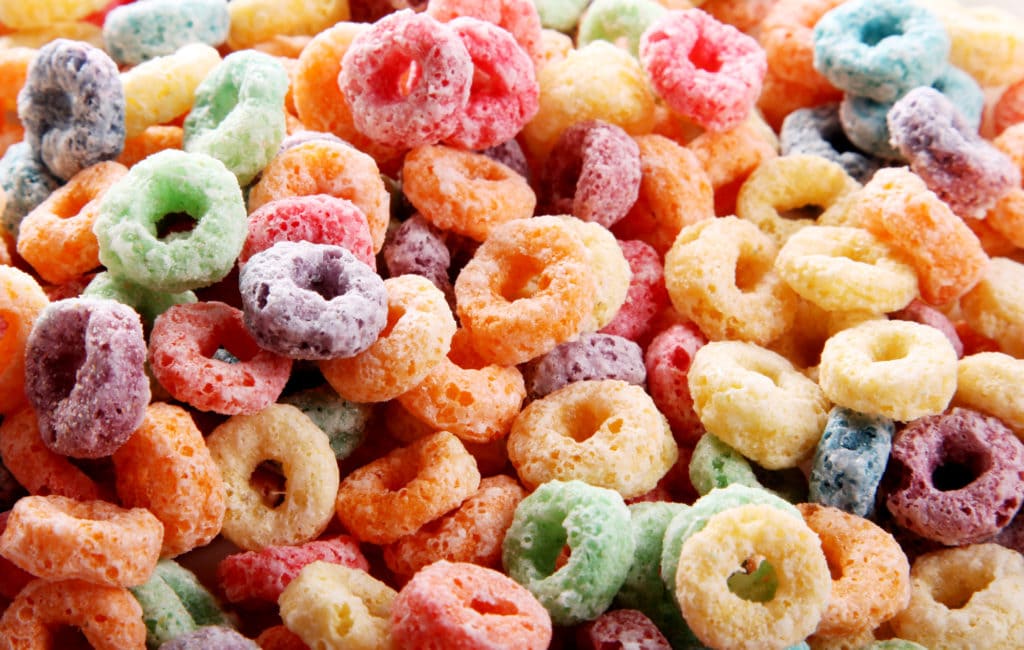
Magic Spoon ingredients are what make the cereal a perfect mix of health and flavor. As with any other cereal, it is all about the sweet sugary taste. The difference is Magic Spoon accomplishes that sweet spot in a healthy manner.
Magic Spoon's list of sweeteners, which does not contain raw sugar, includes monk fruit, stevia, and allulose. According to a recent review of Magic Spoon with Business Insider, Gabi Lewis and Greg Sewitz said:
"We spent months working on the perfect blend of natural sweeteners to create the same great taste you remember, without the sugar. We use them in a specific combination that doesn't result in the aftertaste people sometimes experience with sweeteners."
Monk fruit and stevia are regular sweeteners in the world of health, but allulose is somewhat new. "It's found in things like figs and maple syrup," the founders explain. "It tastes just like regular sugar but has zero glycemic impact and almost zero calories." So the taste is like a kid cereal, but the effects are anything but and allow Magic Spoon to boast zero sugars and only 3 grams of net carbs.
Someone Finally Solved the Cereal Crisis
Granted, Magic Spoon may not bring about world peace. But it does solve a problem for health-conscious people secretly longing for their old pal, Cap'n Crunch.
With a quick glimpse on the box's side panel, you'll see that the cereal is high in protein, gluten-free, low in carbohydrates, and is very much Keto-friendly. The founders have solved a huge problem for dieters in giving them a treat that won't undo all their hard work.
Many in the health community see the vast benefits of such a high protein, low-carb, and low sugar cereal. In a recent Magic Spoon review conducted by Health.com, Makayla Meixner, MS, RDN, and the principal dietitian at GreenChoice says about the available protein in Magic Spoon:
"Not only is protein important at breakfast to 'break the fast' and supply your body with much-needed amino acids, but it's also beneficial to spread your protein intake out throughout the day to maintain muscle mass."
She then continues about the low sugar continent, saying, "Traditional cereals often contain high amounts of added sugar. As excessive added sugar intake may contribute to obesity and chronic diseases, the Dietary Guidelines for Americans recommends limiting added sugar intake to less than 10% of your daily calories."
The founders of Magic Spoon have seemed to crack the magic code of healthy cereal. By focusing on taste first, they have revolutionized what a healthy cereal can and should be.
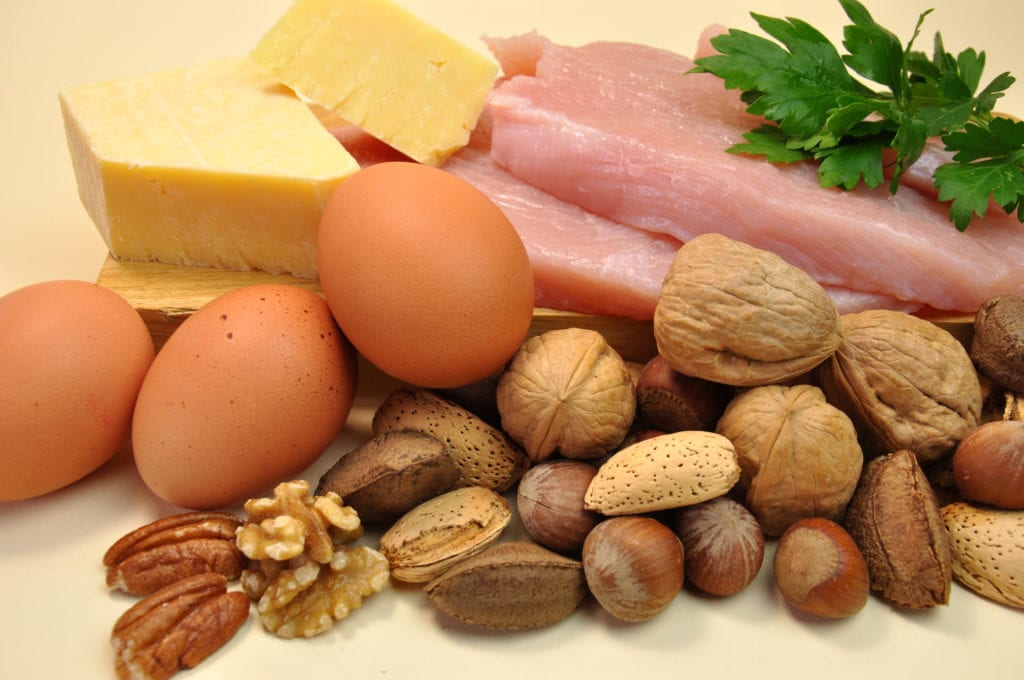
Magic Spoon FAQs
Does Magic Spoon Measure Up with Protein?
Depending on the flavor of Magic Spoon you are eating, you will realize 11 to 12 grams of protein per serving. While that may not seem like a lot from the outset, consider some other popular "healthy foods" and their protein count.
- Beans and legumes contain about 7 grams of protein in half a cup. Magic Spoon comes in at 4 to 5 grams of protein more.
- Wild salmon has 17 grams of protein in about three ounces, about 5 to 6 grams higher than Magic Spoon. But, fish for breakfast? That's a hard no.
- Eggs have between 6 and 8 grams of protein, which puts Magic Spoon at double to almost double.
- Plain Greek yogurt boasts 15 grams of protein, but it is what it is – plain.
What Cereal has the Fewest Carbs?
While many dieticians act more like politicians when arguing about fat being healthy or not, most will agree that lower carbohydrates mean better overall success in the battle to lose weight. One of the most popular diets out now is the Keto diet which begs the question, is Magic Spoon Keto-friendly? The short answer is yes, with the addition that Magic Spoon is one of the best cereals for those seeking low carbs period.
Women's Health put out an article in late 2020 titled, The 18 Best Breakfast Cereals For Keto Dieters, According To RDs, and while Magic Spoon does not rank number one, it is among the best of the best, coming in at number four with only 3 grams of net carbs. While there are three ahead of Magic Spoon in the low-carb count – and not by much – the fact remains that only Magic Spoon gives the appearance of a tasty cereal and not something that looks like it might take a year to chew or chip your teeth trying.
Is Magic Spoon Good For…
Is this cereal good for diabetics? With its low levels of sugar, yes. Is Magic Spoon good for the carb counter? With only 3 grams of net carbs per serving, yes. Is Magic Spoon good for those with Celiac Disease? Being Gluten-Free, yes.
What Are Net Carbs Versus Carbs?
Much debate has raged on about what makes up a total carb and what makes up a net carb, but the exploitation is quite simple. The main difference between the two is that total carbs account for all the different carbohydrates in a specific food product. Starches, dietary fiber, and sugars are all included in total carbs. Alternatively, net carbohydrates include only the carbs that the body can digest into glucose.
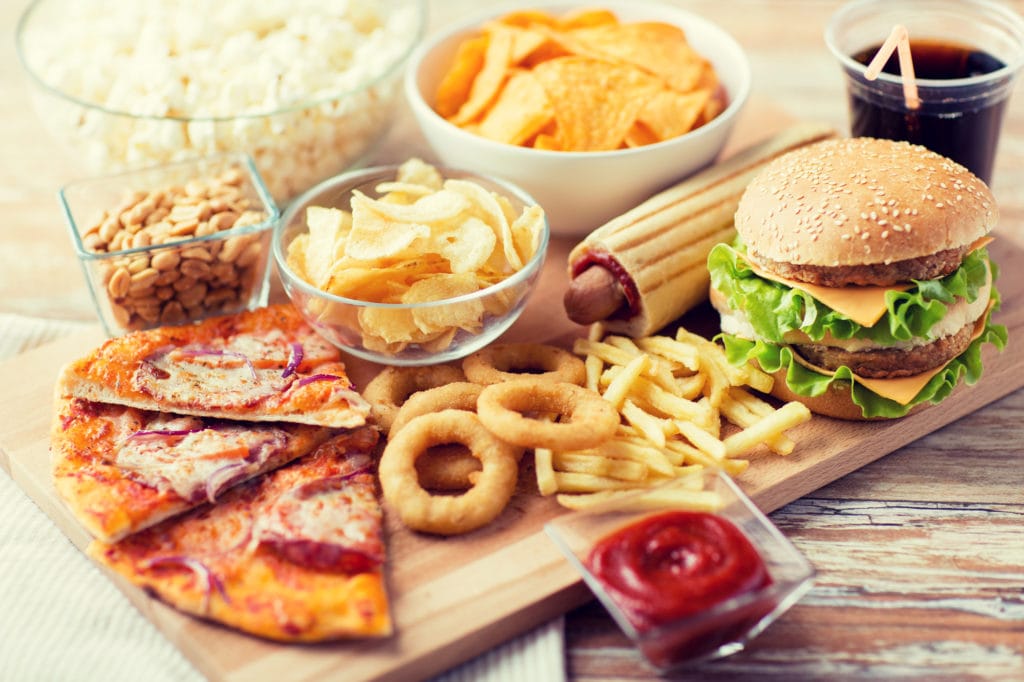
It comes down to the two main types of carbohydrates, which are simple and complex. Simple carbs comprise one or two sugar molecules, making them easy for your body to digest. Complex carbs contain chains of sugar that are several molecules long, making them take longer for your body to break down. Because the body cannot fully digest some types of complex carbs, such as fiber, they are not included in net carb calculations.
This is an important note for Magic Spoon as taking away the 2 grams of fiber and 3 grams of allulose in a serving leaves just 3 grams of net carbs per bowl, "which is seven to eight times less than most popular breakfast cereals," according to the founders. "It's perfect for people who are on the Keto diet or just trying not to overindulge on carb-heavy foods."
Magic Spoon Flavors – Yes, Please!
The founders of Magic Spoon not only came up with a way to combine good health and good taste, but they additionally did so with a lot of variety. While many "healthy bowls of cereal" only come in one flavor, Magic Spoon has up to seven fun flavors to tickle your taste buds. Their list of tasty flavors includes Fruity, Frosted, Peanut Butter, Blueberry, Cocoa, Cinnamon, and their limited time only Gingerbread (currently unavailable). If and when they start selling on Amazon, it's likely they'll keep most of their flavors exclusive on their website.
About that Premium Price Tag
No doubt, eyebrows rise when new customers realize how much a single bowl of Magic Spoon cereal costs. Their variety pack includes Fruity, Frosted, Cocoa, and Peanut Butter. You can also get a custom bundle by clicking any four flavors you'd like. Magic Spoon will ship it all to you for $39. If that sounds steep for cereal, consider the breakdown cost of only $1.95 per bowl. They also offer a subscription plan that knocks 10% off the price, bringing the cost per bowl down to $1.76.
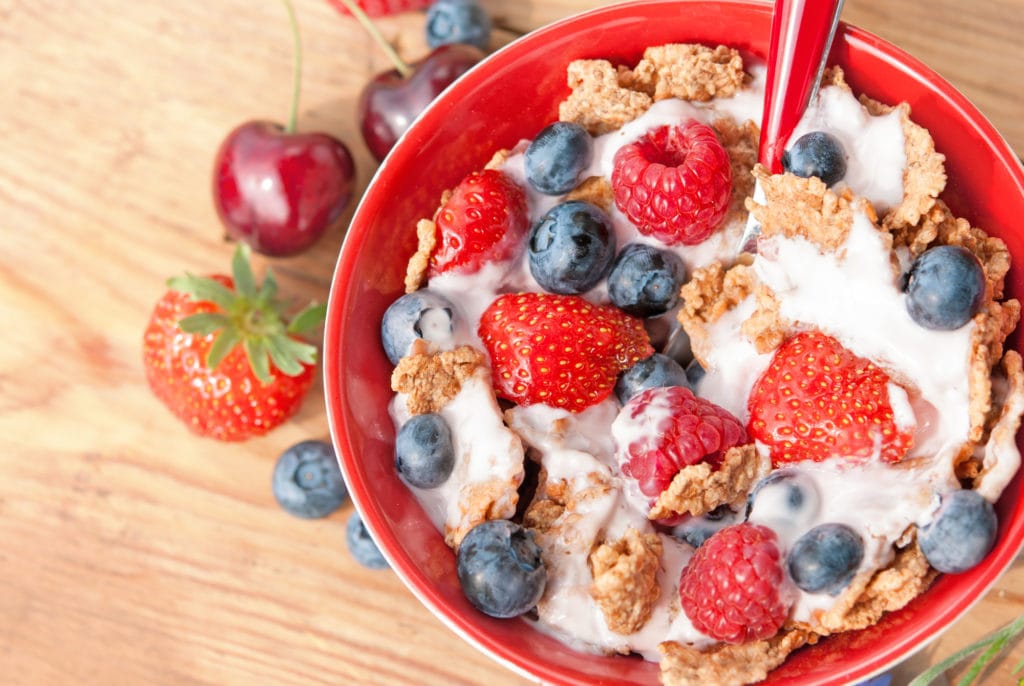
As the brand's FAQ page says: Even though Magic Spoon looks and tastes like familiar cereals, it is entirely different. It's nutritionally more similar to a high-end protein bar or keto smoothie than most cereals. And at $1.95 per bowl, it's far cheaper than other healthy breakfast options--or even your morning coffee!
The Takeaway
For too long, adults have had to sit by and watch with envy as their kids eat delicious sugary cereals. Somehow sipping on black coffee and eating a bowl of what looks like sawdust just wasn't cutting it.
So, the founders created a healthy cereal that sacrifices nothing in terms of taste. Each bowl brings adults back to their childhood without feeling the guilt of eating a cheat food.
The founders had a strong first go at building and exiting an ecommerce brand. But they learned that it was a lot more fun to build a brand that hordes of customers could rally behind. Knowing your person, tackling one of their challenges, and creating a product that delights them makes landing investors and making sales a snap (crackle, pop).


